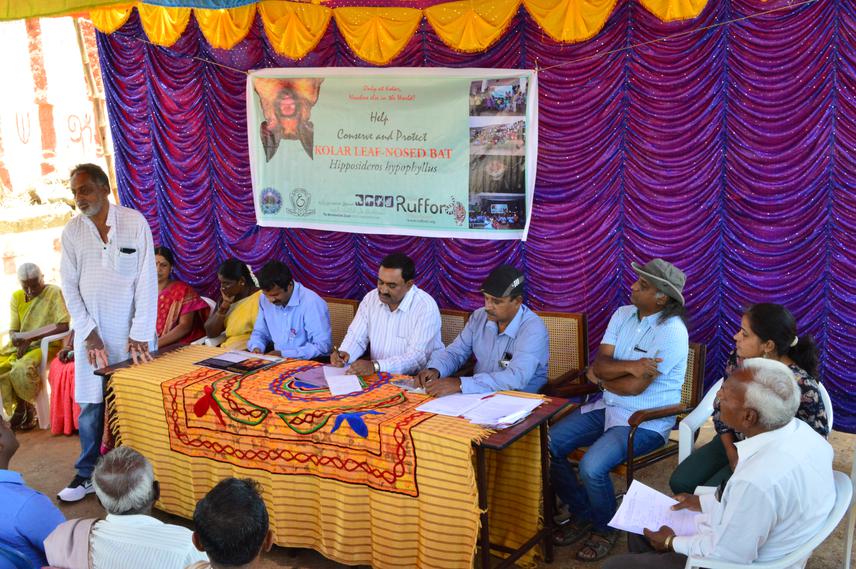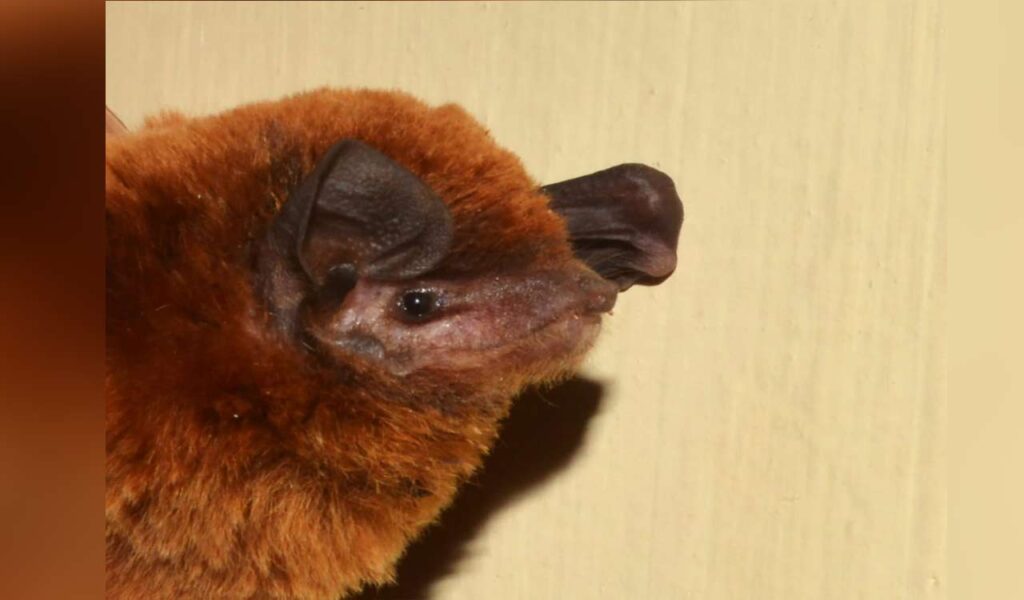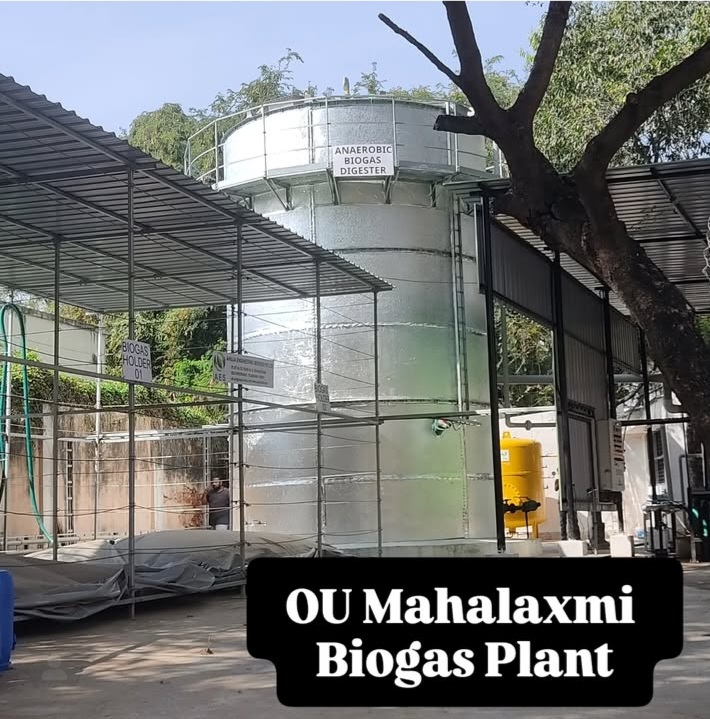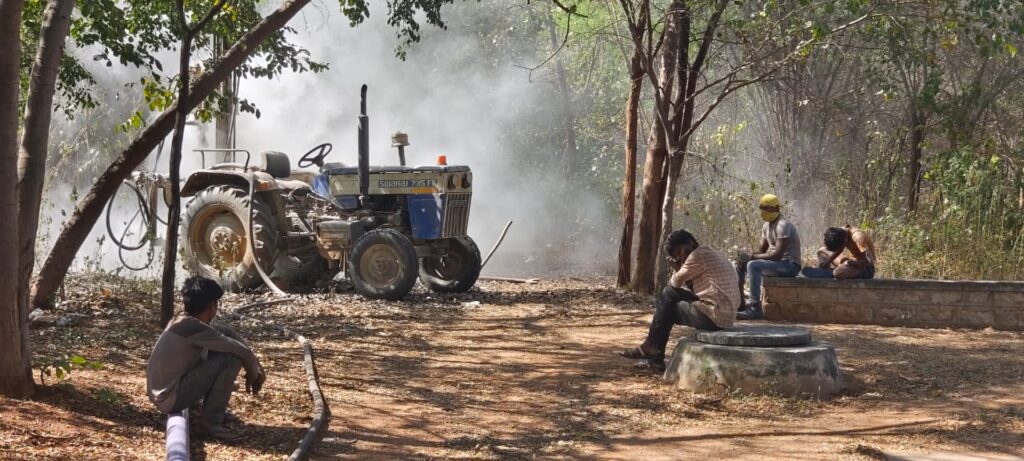Conservation Activities
Conservation Action 1

Supported by the Mohammed Bin Zayed Species Conservation Fund, the team headed by Prof. C. Srinivasulu and Dr. Bhargavi began surveys to relocate and determine the status of the endemic Kolar Leaf-Nosed Bat (Hipposideros hypophyllus) in the year 2013. Having discovered a single colony of the Kolar Leaf-Nosed Bat and the presence of other endemic endangered Hipposideros species in Kolar, the team continued to collect ecological data to strengthen species data and conservation evidence. Since the identified roost site of the Kolar Leaf-Nosed Bat was highly threatened by illegal quarrying mining activity, securing its protection was urgently required. Subsequently, the team took up extensive community outreach, education and awareness with the local communities staying in and around the area, supported by the Rufford Foundation. By the year 2016, through persistent dialogue with government authorities, the team successfully brought about a ban on mining within a 3km radius around the roosting site. By the year 2019, the area was declared the Kolar Leaf-Nosed Bat Conservation Reserve, ensuring sustained protection and preservation of the only known site of occurrence of the endemic Kolar Leaf-Nosed Bat.
Click here to read more about Kolar Leaf-nosed Bat research.
Conservation Action 2

One of the major objectives and ongoing initiatives of the Centre is to create unique DNA barcodes for the rich and diverse biodiversity of Telangana State. DNA barcoding is a modern molecular tool that uses a short, standardized region of the genome to identify and distinguish between species. This technique plays a crucial role in taxonomy, biodiversity documentation, and conservation, especially in a region like Telangana that is biodiversity rich with several knowledge gaps. As part of this endeavour, the Centre has successfully submitted DNA barcodes of 11 bat species and 27 fish species native to Telangana to the global GenBank database. Through such molecular documentation, the Centre aims to build a comprehensive genetic library of Telangana’s fauna, aiding in long-term conservation and biodiversity research.
Conservation Action 3

During March 2024, the Centre initiated discussions with SAAHAS, a non-profit organization, for setting up a 2 tons-per-day capacity Biogas plant at Osmania University as a part of the circular economy and green waste management initiative of the Centre. The initiative named the “OU-Mahalaxmi Biogas Plant” was constructed and installed at the Ladies Hostel Complex in Osmania University and inaugurated in 2025. The plant has since been instrumental in converting the organic waste produced by various hostels of the university into biogas, which in turn is suppled to hostel kitchens across the campus. This initiative promotes sustainable resource-use, thereby reducing anthropogenic pressure and environmental impact in the campus.
Prof. C. Srinivasulu, Director, CBCS, represented this initiative on behalf of Osmania University at the International Council for Circular Economy (ICCE) and bagged the ACE Awards 2025 under the Higher Institution Category. The award recognized OU and CBCS for promoting circular economy through the Biogas Plant at the campus.
Conservation Action 4

The successful execution of the Groundwater Conservation Project (Phase-I) was achieved in the year 2025 by the Centre. This project was initiated by Prof. C. Srinivasulu, Director, CBCS as part of the Green Waste Management goals of the Centre and financially supported by the ICICI Foundation. Under this initiative, 34 Direct Borewell Recharge Pits and 185 Percolation Pits have been implemented at strategic sites across the Osmania University campus. These structures will contribute to enhanced groundwater recharge, improved water quality and will support local ecosystems in the campus. The execution of this project not only addressed the immediate water needs of the university but also serves as a model for systematic water management in urban areas.
